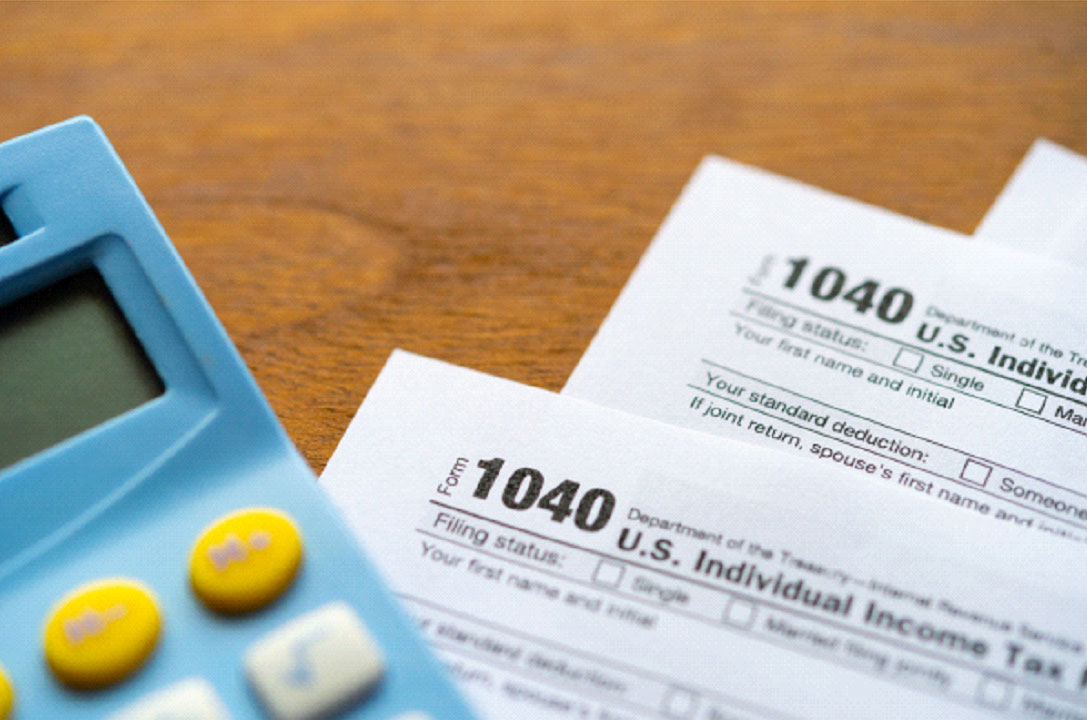April 30, 2024
Navigating the complex labyrinth of tax laws can feel like a game where every move could save or cost you money. In this high-stakes game, one tax move often goes unplayed –the amendment. Whether you’re an individual taxpayer, a financial planner helping others, or a small business owner, understanding how to amend your return could be the ace in lowering your tax liability. Intrigued? Read on to discover how making a few changes post-filing can lead to significant tax savings.

Understanding Tax Amendments
A tax amendment, often called Form 1040-X, is a return you file in case of any incorrect information that needs to be corrected on a previously filed tax return. It’s a second chance to claim missed deductions, remove erroneous income, or rectify any other mistakes that could lower your tax liability. But why bother with the extra paperwork and hassle of refining? The answer is simple – it can save you money you might’ve otherwise overpaid and left on the table.
It’s crucial for all taxpayers, from individuals to business owners, to grasp the potential benefits of filing an amendment. For individual filers, this could mean a bigger refund or a smaller amount owed, while for businesses, it might mean freeing up cash flow to be invested back into the company’s growth.
Identifying Errors on Your Tax Return
The first step in the amendment process is acknowledging that an error exists. Common mistakes include incorrect filing status, math errors, over- or under-reported income, forgotten deductions, etc. For small business owners and the self-employed, the complexity of deductions and the interweaving of personal and business income can make errors more common.
To spot these errors, compare your filed tax return to your supporting documentation. Double-check your math, ensure you’ve claimed all eligible deductions, and consider seeking professional help if your tax situation is rather complex. Remember, even minor corrections can significantly impact your eventual tax obligation.
Maximizing Deductions and Credits
Tax laws are incredibly detailed and offer numerous opportunities for deductions and credits. A single missed opportunity can mean overpaying your taxes. Some frequently overlooked deductions include charitable donations, job search, and moving expenses.
Business owners have an even broader range of tax-advantaged opportunities, from office space deductions for home-based businesses to allowable expenses that can be shifted between years to optimize tax calculations. Realizing the full extent of these benefits can result in substantial savings when you count up the dollars.

The Importance of Timing
In the tax world, timing is everything. There are specific deadlines by which you must file an amendment and restrictions on when certain deductions and credits are available. For those seeking to amend their returns for simple errors, the IRS typically allows three years from the original filing date or two years from the date you paid the tax – whichever is later.
Considering the timing of your amendments is critical. Aim to make changes at the most advantageous time, such as to lower income in a higher tax year or to claim a deduction within its adequate timeframe. Tax law changes can unexpectedly impact your financial situation, making it essential to stay informed and adjust filings accordingly.
Conclusion
Tax amendments are a powerful tool that can help you reduce your tax burden. You can influence your financial outcomes by diligently reviewing your returns, claiming every potential deduction, and understanding the amendment process. If you’ve never considered amending your tax return, now’s the time to take action.
Remember, while you can certainly file an amendment on your own, many taxpayers – especially those with more complex returns – find the services of a qualified tax professional invaluable. They can guide you through the amendment process and provide proactive actions to optimize your tax strategy.
In the game of taxes, knowledge, and action are your best allies. Investing time and effort into understanding tax laws and making strategic amendments can pay dividends. Our team at ECG Tax Pros can help you review your returns, spot the opportunities, and seize the chance for financial gain. Contact us! Your bottom line will thank you.




